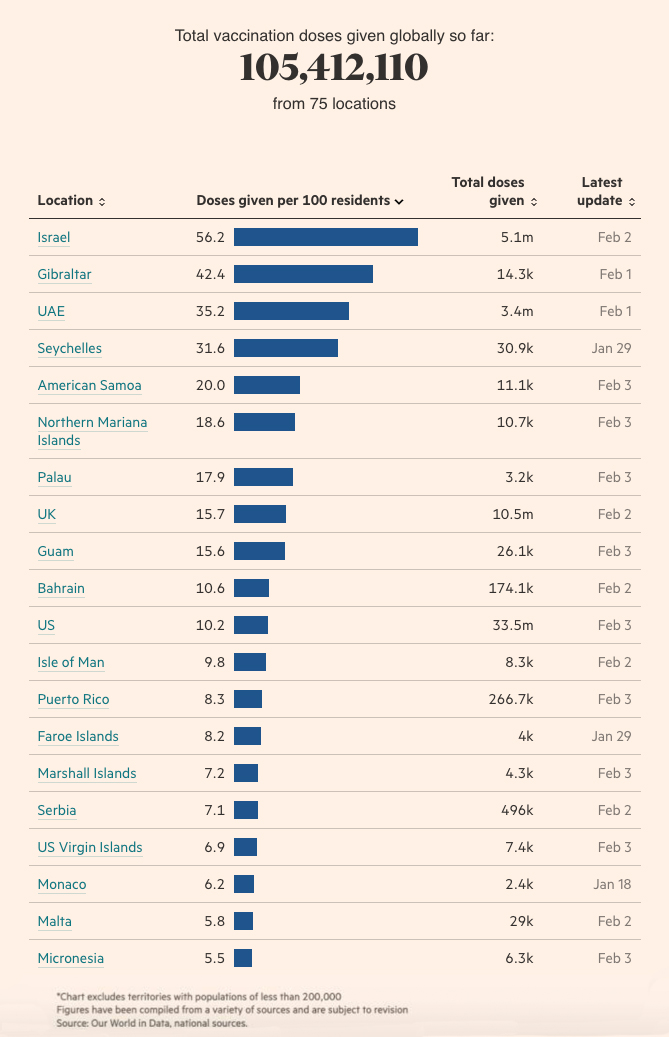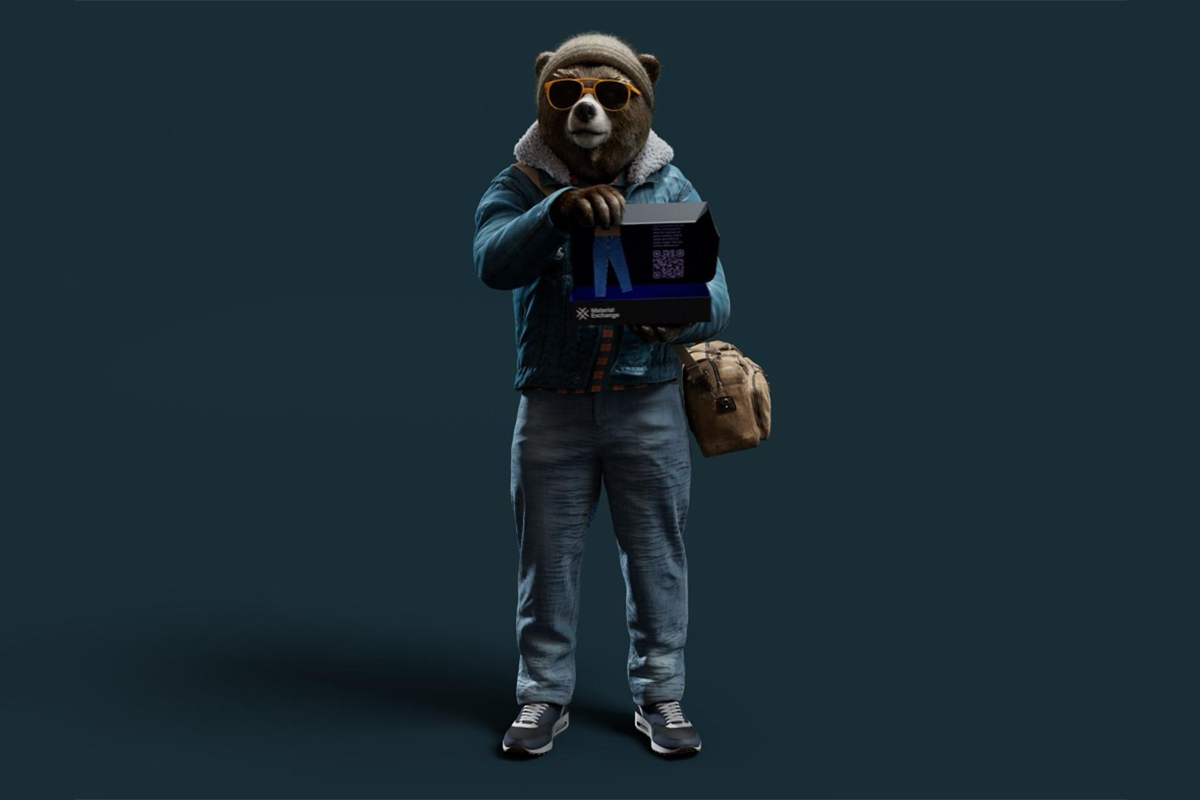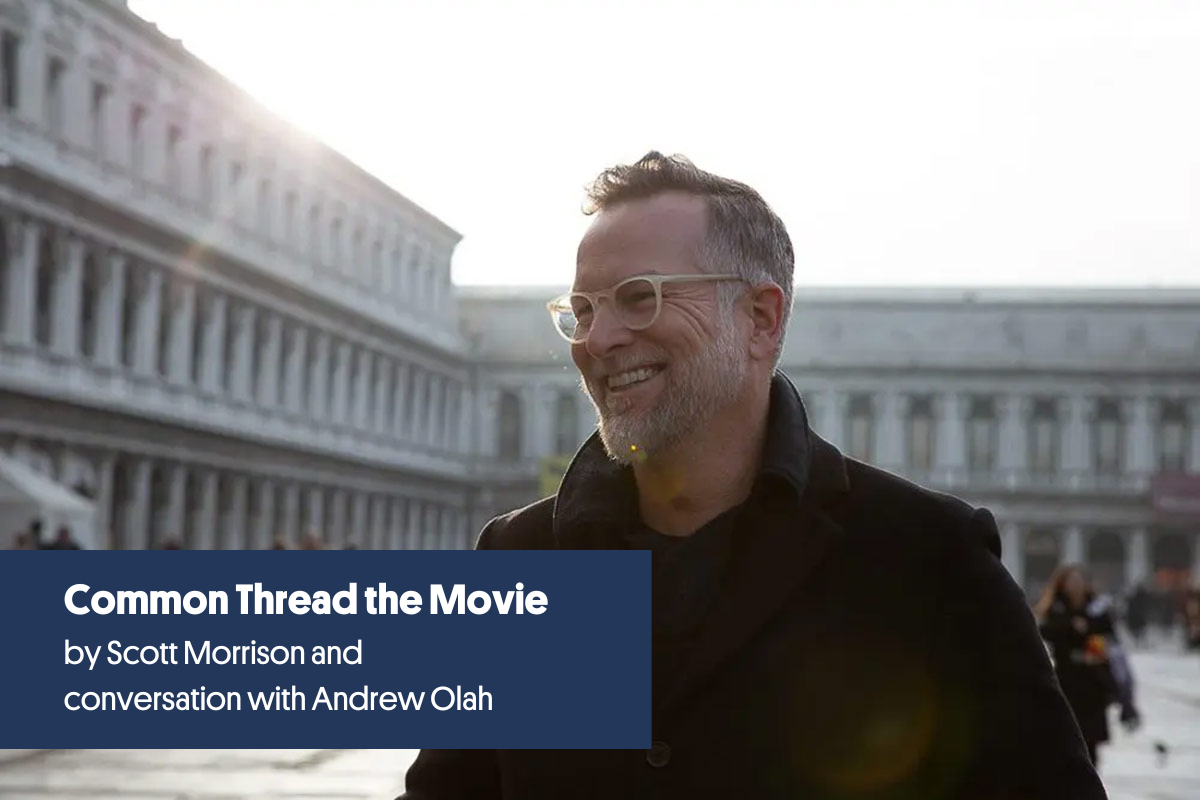Founder’s Letter: The New Year is Full of Promise
Looking for the audio version? Listen here:
The New Year is full of promise. Vaccines are happening and as of this week, over 105 million people were inoculated throughout the world. In the United States, there is reason to believe that by early fall, almost everyone who wants a vaccine will have one. (Apparently 30% of American’s don’t want one but that’s another story). I had a positive result from my T-Cell test last week. These new tests detect the activity of a type of white blood cell known as T-cells, some of which are like your own personal soldiers hunting down invading viruses and infected cells. According to my doctor in Houston, studies have shown that T-cell responses against the coronavirus can last longer than the production of certain antibodies—which can help researchers who want to measure long-term immunity. I lost my antibodies for example 30 days after I was over COVID-19, but it’s now its nine months later and the army of T-Cells in my body are ready to fight.
In Los Angeles, my dear friend Sanjeev Bahl opened his new jean factory and laundry last week. What can be a more optimistic sign for all of us than someone seriously investing in a new factory that he believes will give his customers benefit because there is a long-term view that jean manufacturing in America is both possible and necessary? Naturally, the Saitex factory is very high tech, environmentally futuristic and built with a mindful concern for waste.
Los Angeles has long needed investment in our industry. We all know the stories of sewing factory closures and laundries withering away. Now Los Angeles has a sustainable vertical jean factory that sews and washes and has the machinery to operate in an environmentally conscientious way.
I’m always incredulous to read about the press stories stating how “Made in America” is so important yet almost every brand/retailer I know makes hardly any effort to market American products. Saitex did not build the factory because the State of California gave them a lower tax rate or because the city and/or county of LA gave Sanjeev any advantage whatsoever. Nothing enticed the investment other than Sanjeev Bahl’s fundamental personal belief that creatives will love the factory and use it to build successful new businesses while legacy LA and once Premium brands will have a place where they can be proud to make beautiful jeans.
“My wish is that many others follow our footsteps,” Sanjeev told me. “There is incredible talent in Los Angeles that has been marginalized and needs to be resurrected. We also need to encourage the young generation to get into our business.”
Talking about young people, last Friday was the judging for the Ravensbourne University Innovation Denim Project. This project is a perfect example of collaboration and creativity and why I love the denim industry and it’s future. Mohsin Sajid and Sue Barrett spearheaded this course and led the students throughout. Mohsin and Sue deserve come kind of industry plaque for setting such a high standard of excellence.
Seventy-five students take part in the course and are divided into 15 denim brands. The students’ average age is 19 years old and they are in their second year of a four-year degree program. They are thrown into groups where they need to work together. Fifteen denim mills from around the world collaborated with the school to donate fabrics for the project as did YKK for trims, Crafil for sewing thread and Landes for leather patches. If you have ever had the good fortune to be around post-secondary school youth and their projects, you will know that almost all of them put everything they have into their projects. Their joy and exuberance to learn and perform is intoxicating.
The course ended with 39 industry individuals spending all of last Friday judging each brand’s product.
Doing something like this is an enormous challenge and it makes me proud to be part of an industry where so many people care about students, education and collaboration. I am enormously impressed with the leadership at Ravensbourne, manifested through course leaders Gabrielle Shiner-Hill and Gurmit Matharu. Their vision for the course and spirit is remarkable.
This project inspired young people to design jeans collections thinking about the environment and doing good for others first and considering fashion second. This shows our industry and planet is headed in the right direction.
This leads me to the notion many cynical people in our industry carry, which is that sustainable features in products should be free. I’ve heard many stories where focus groups prove there is no value to consumers for sustainable products that add cost. I disagree with that conclusion. Years ago, when I was a child, it was acceptable to throw your empty cigarette pack out the window as you drove. Furthermore, no car I grew up in had seatbelts nor did I need to wear a helmet when I played ice hockey.
That was a long time ago and decisions made were based on available data and culture. With today’s environmental issues and the need for climate action, the right environmental product adoption needs to be done and “the sustainability can’t have cost” rationalization is inappropriate. If a company knowingly avoids picking a technology that is less harmful to our environment because a more harmful one is ever so slightly cheaper, I see this as an action against our planet and our society. Consumers need to know the brands that do this and focus groups will be proven wrong.
Have a great month!
Andrew Olah



